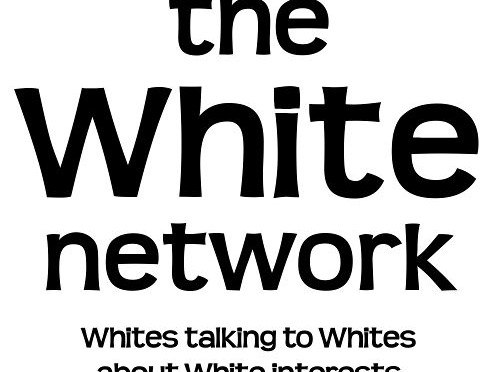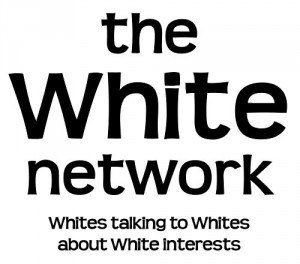Podcast: Play in new window | Download
An impromptu review of AoTR themes covered over the past few months.
The example of the Parasite Flight trope I cited is Roger Cohen’s Jew York Times op-ed, The Great Jewish Exodus, published on 19 Feb 2015:
LONDON – They were gone, as completely as from Baghdad or Cairo, Damascus or Alexandria. They had vanished from Budapest and Brussels, from Frankfurt and Padua, from Paris and Manchester, from Antwerp and Stockholm.
As in the Arab world, Europe wondered what it had lost. The texture of life was thinned, the richness of exchange diminished, the flowering of ideas curtailed. There was an absence.
They did not say much. They packed and left, wheeling their suitcases, carrying their bags and bundles and babies, a little wave offered here and there. Rich and poor, religious and not, they sold what they had and went on their way. People looked askance, as their forbears once had in crueler circumstances, a little uneasy at the exodus, unsure what it meant but certain it was the end of a very long story.
Was Europe not the Continent of Disraeli and Heine and Marx (all baptized, but still), of Freud and Einstein, of Rothschild and Bleichröder, of Dreyfus and Herzl, of Joseph Roth and Stefan Zweig? Was it not the home of Yiddish, once the first tongue of millions, a language perhaps unique, as Isaac Bashevis Singer noted, because it was never spoken by men in power?
Was it not the scene of a great 19th-century struggle for emancipation beginning in France and stretching across the Continent to the pogrom-stained Pale of Settlement, a battle that in many instances ushered this stubborn people, with their eternal covenant of ethics entered into with a faceless God, to the summit of the professions, only for this progress, threatening to some, to end in the Nazis’ industrialized mass murder?
Was Europe not, against all odds, the place liberalism triumphed over the deathly totalitarianisms? The land of Isaiah Berlin who quoted Kant: “Out of the crooked timber of humanity, no straight thing was ever made.” The Continent where this people survived after the attempted annihilation (in which the majority of Europeans were complicit), forming new communities, even in Germany; a Continent of crooked timber, of every expression and experiment in their identity, their partial loss of identity, their embrace of merged and multiple identities?
Yes, there was often a sense of otherness, a self-imposed discretion, but there was also reassurance in being part of a great European convergence that over many decades dissolved the borders across which countless wars had been fought and affirmed the right of every European of whatever faith or ethnicity to equal rights, free expression, and the free practice of their beliefs.
Yet now they were gone. Europe, without the Jews, had lost part of itself. It had lost the very right to a conscience. It had been defeated in its essence. It had rebirthed itself after the 20th-century horror only to surrender.
Jewishness had lost one of its constituent elements, the European Jew of the diaspora. As for humanity, it had lost all hope. Humankind had succumbed to the tribal nightmare, to the darkest of tides. Tribal war loomed.
Israel is indeed the home of every Jew, and that is important, a guarantee of sorts. It is equally important, however, that not every Jew choose this home. That is another kind of guarantee, of Europe’s liberal order, of the liberal idea itself. So it was shattering when millions of Jews, every one of them in fact, as if entranced, upped and left their homes in Milan and Berlin and Zurich.
Beside typifying (and in this case literally fantasizing an extension of) the jewish narrative there are two points I neglected to mention in the podcast. First, Cohen undermines his own reality-inverting suggestion that jews have had a positive influence on Europeans by citing poisonously destructive exemplars such as Marx, Freud and Rothschild. Second, Cohen (dis)credits the jews with inciting and maintaining jew-serving “liberalism” amongst Europeans.
Interloping “cosmopolitan” jews like Cohen build whole careers upon loxism, characterized by a truly schizophrenic alternation between snivelling and gloating. Often, as in the case of this op-ed, it is both at the same time. Yet, while jews like Cohen loudly whine and boast that their poisonous tribe is the very essence of European health, “white pathologists” busy themselves searching for some way, any way, that it’s not about the jews.
Greg Johnson’s critique of my recent arguments about “white pathology” starts here.
I have some things to attend to offline and won’t be producing AoTR installments for the next month or so. In the meantime I invite listeners review my archives, subscribe to TFeed (and the various of sources of audio I include there) and follow me on Twitter.








